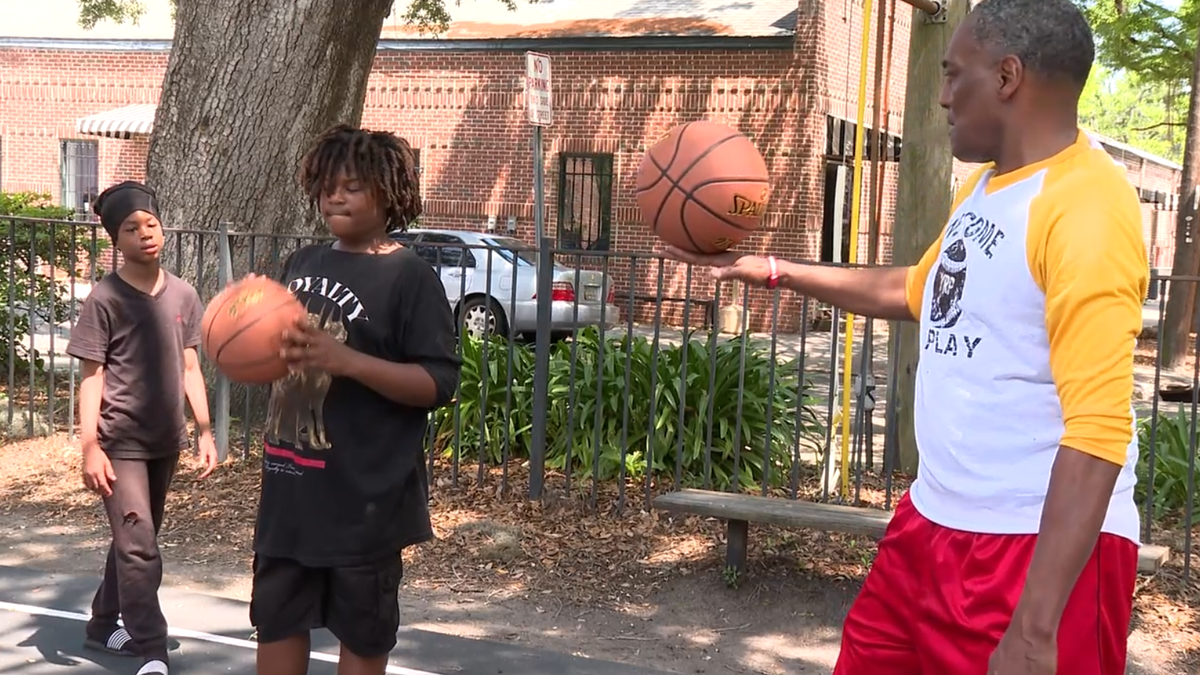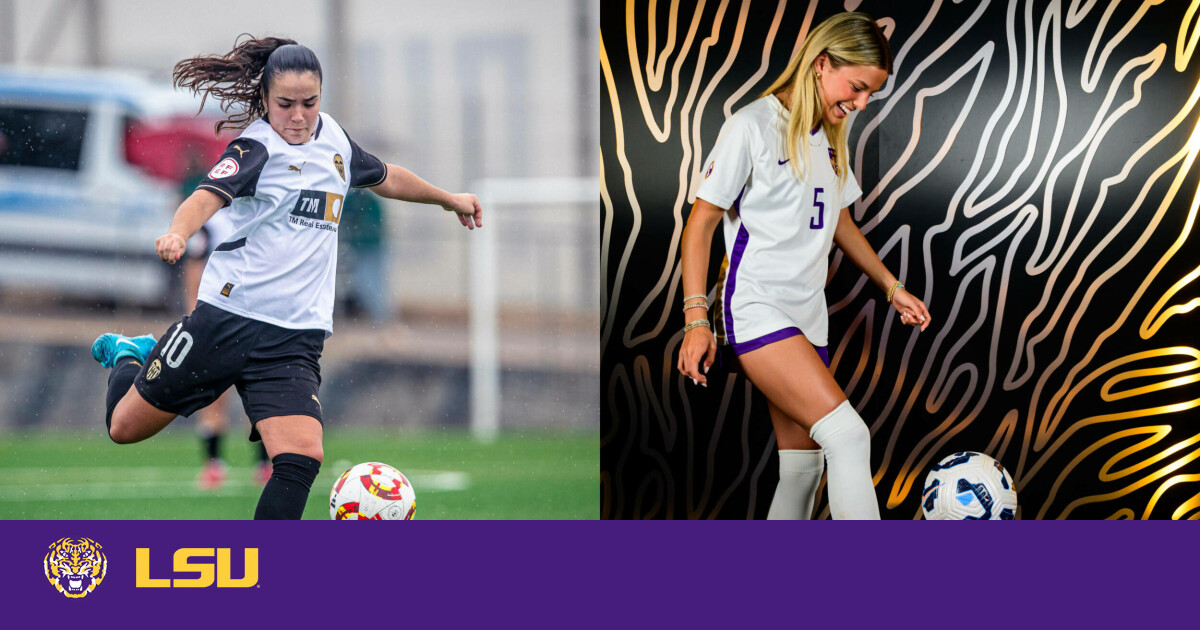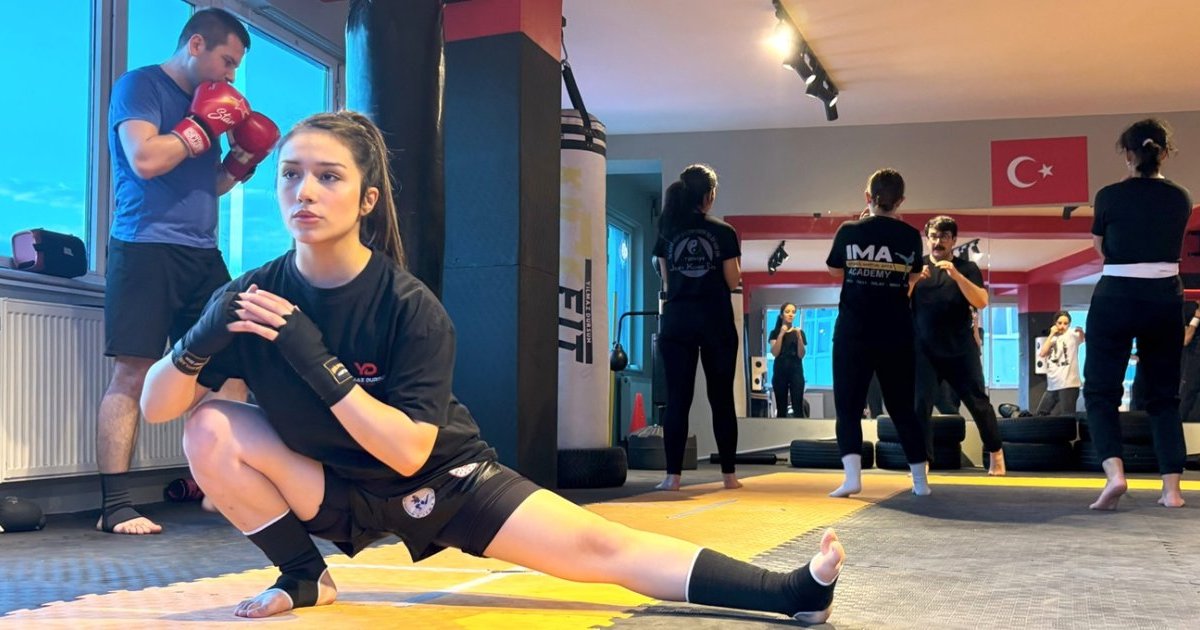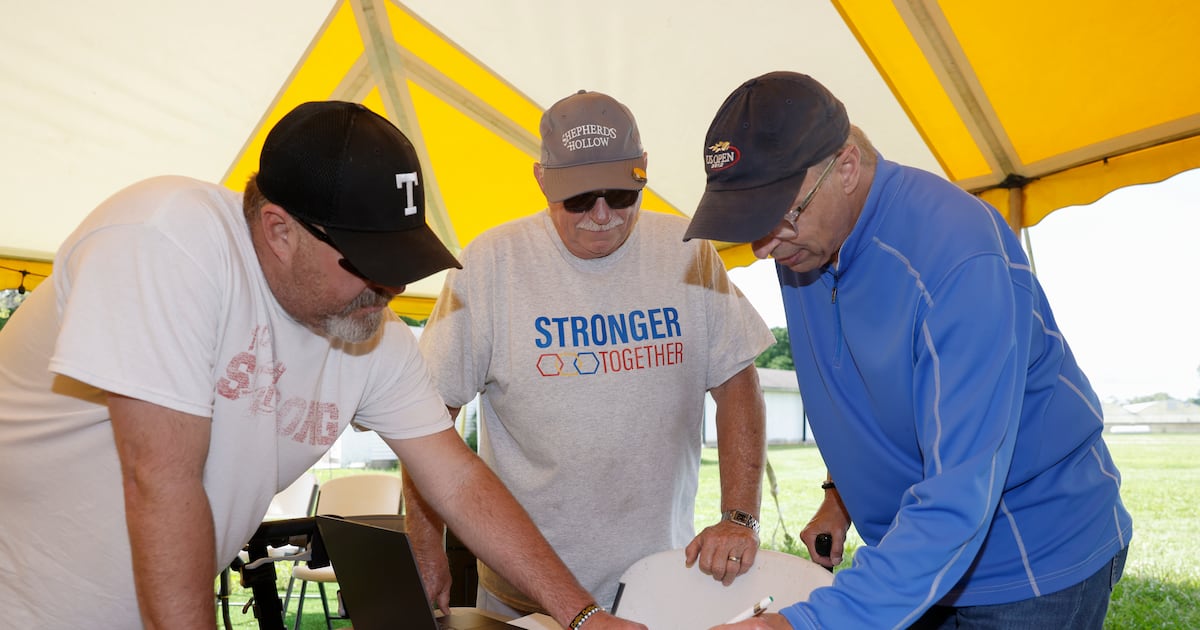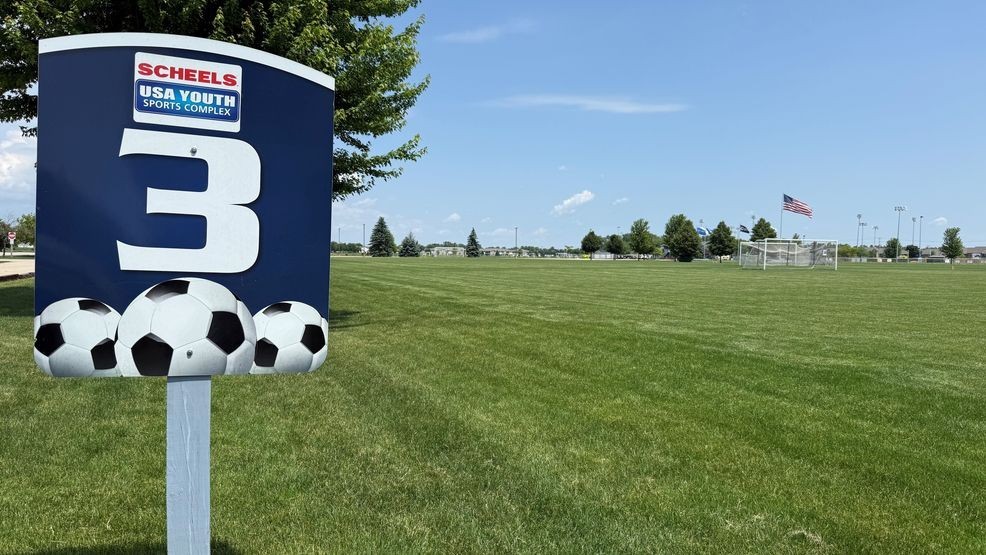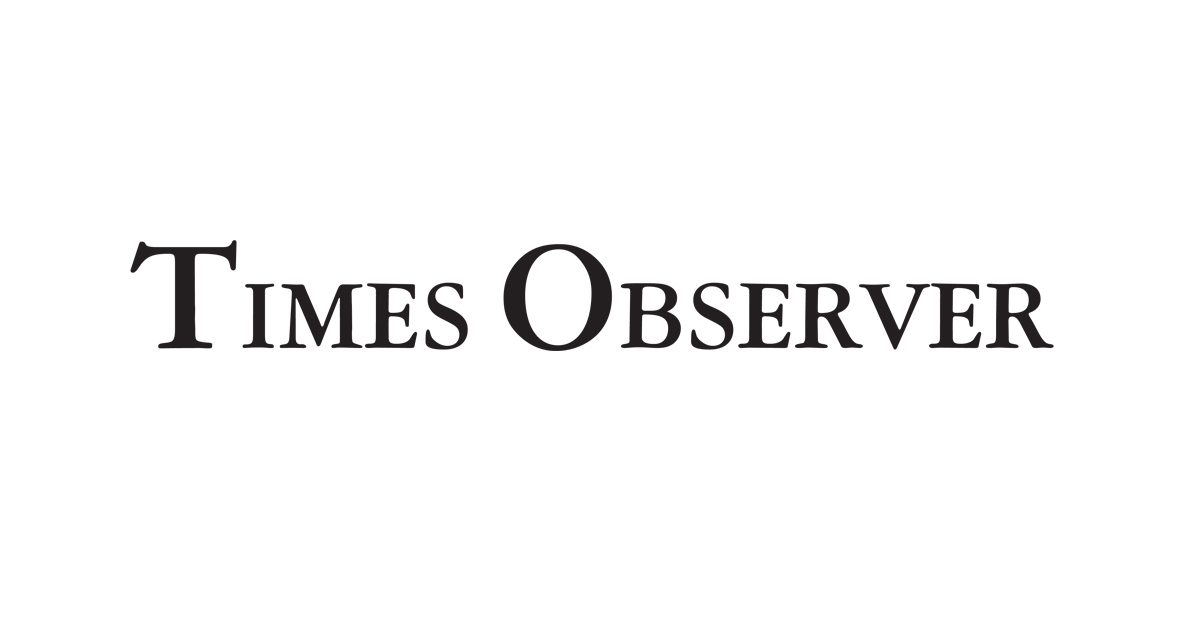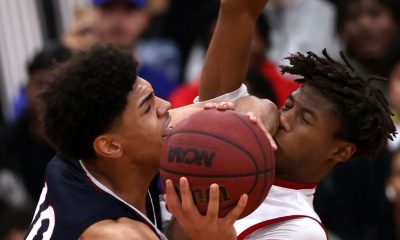Shirin Shirzad could talk for hours about the violence and sexual harassment suffered by female athletes. A former wrestler and coach of the national wrestling team in Iran (2013-2018), she had to go into exile in Europe due to threats she received after denouncing the abuses suffered by her athletes. “During my years as an athlete and a professional in Iran, I was a constant target of intimidation, discrimination and psychological abuse. I was silenced many times for speaking out against injustice. I also received unwelcome comments from senior officials, and when I refused their advances, they dismissed me and kept on harassing me,” she told Equal Times.
The former coach denounced the sexual harassment suffered at least once by all the female athletes on the Iranian national team and the abuses she herself witnessed on a daily basis. One of her colleagues, a married female coach, used to receive video calls at 4 a.m. from a senior coach. She reported it to the federation, but she was the one who ended up being sanctioned.
After leaving Iran, she felt safer when speaking publicly about the abuse. When she gave her first interview on Iran International TV and other media outlets critical of the regime, she immediately received threats. “They said they would send me back to Iran in the worst way possible,” she explains. A polyglot with a PhD in health and sports sciences, Shirzad had to live in hiding in a remote village in Scandinavia for years. “I still receive insults on the internet to this day. But I continue to make TV appearances because I think it’s important to tell the truth.”
In Iran, the harassment of female athletes is systematic and usually comes from coaches and officials. Rozita Aemeh-doost reported the sexual abuse that she and other teenage players had endured. Shiva Amini, a former indoor football player, is living in exile after reporting sextortion by senior officials. Elham Nikpay accused a manager of abusing minors in a swimming pool where a girl was also murdered – in connection with the abuse of female athletes. And Golnar Vakil Gilani, former president of the polo federation, reported the threats made by a vice minister to broadcast private images.
Most victims do not report the abuse, out of fear, and those who do are often punished, while the perpetrators enjoy total impunity. There are no safe or independent channels for reporting abuse, and the structural barriers are ever present. “The system is designed to silence women, not to support them,” says Shirzad.
Afghanistan is another example where there is institutionalised abuse of female athletes, with the victims facing reprisals, stigmatisation and no access to justice. Haley Carter, a former US marine and footballer, was an assistant coach for the women’s national team (2016-2018) and reported sexual and physical abuse by officials, including the federation’s president, Keramuudin Karim, who was suspended for life by FIFA in 2019. After the arrival of the Taliban in 2021, Carter helped evacuate female players and today advocates for women’s rights through Orlando Pride (NWSL).
“Afghanistan has a terrible record when it comes to protecting female athletes from abuse,” she explains. Allegations of sexual contact outside marriage can have fatal consequences, which explains the silence of many victims. During her time in the country, there were no effective mechanisms for safe reporting.
“When we tried to report it to the Asian Football Confederation, they replied that they would only accept the complaint if it came from the president or general secretary – the very people who were committing the abuse,” says Carter. Following the arrival of the Taliban in 2021, the women’s national football team burned their uniforms and deleted their social media accounts. “It was the beginning of a systematic campaign to erase women from public life. Today, they are banned from sports, a rights violation that exists in no other country,” she denounces.
Shortly after taking power, Taliban official Ahmadullah Wasiq banned women from sport on the grounds that their uniforms would “expose their bodies too much”. Girls have since been deprived of the right to education and, by 2023, 80 per cent of school-age girls were not in the education system. Women are also banned from public spaces such as parks, gyms or sports clubs. The exclusion of women from employment is estimated to be costing the country US$1 billion a year, which is five per cent of its GDP.
In a gym in central Istanbul, 17-year-old Yağmur Nisa Dursun trains men twice her age and size in kickboxing. The daughter of national trainer Yilmaz Dursun, she has everyone’s respect. “I started because of my father, when I was very young. I didn’t want to at first, but then I saw other girls training and I was a bit envious,” she explains.
More than half of the gym’s clients are women. “As there are many cases of gender-based violence in Turkey, they mainly come here to learn how to protect themselves,” she says. Dursun receives comments on social media such as “one punch and you’re down”. “These are comments that belittle women… They do it because they feel inferior. It’s a form of harassment. That’s human misery. One of her students is a 50-year-old woman with a restraining order against her ex-husband: “She is getting divorced and wants to become a black belt.”
Turkey has not ratified ILO Convention 190 on violence and harassment in the world of work, which includes sports. And women’s rights have been rolled back under Recep Tayyip Erdoğan’s government. In 2004, weightlifters Sibel Şimşek, Aylin Daşdelen and Şule Şahbaz reported their coach, Mehmet Üstündağ, for sexual and physical harassment, prompting an official investigation. They accused him of inappropriate touching, sexual remarks and assault. Daşdelen also held him responsible for the 1999 suicide of her teammate Esma Can. Üstündağ was removed from his post, and the case marked a turning point in the fight against abuse in sport, highlighting the need for effective reporting mechanisms and institutional support for victims.
In 2021, Erdoğan also withdrew Turkey from the Istanbul Convention. The young and slight Yağmur Nisa Dursun relies only on herself and her rapid defence technique for protection. “It’s very difficult to go far in combat sport in Turkey. There is also huge lack of opportunities for us as women. Women need more financial and psychological support. Now that I run my own gym I am more at ease. I want to be an example for all women. Maybe in the whole of Turkey.” The young woman feels that returning to the Istanbul Convention and respecting Convention 190 would “save lives”.
Neither states nor sporting bodies are stepping up to the plate
“In world sport, the scale of abuse and harassment is overwhelming, and the failure of sporting institutions to respond makes implementing ILO Convention 190 an urgent need that cannot be ignored,” Matthew Graham, head of UNI World Players, the union representing 85,000 sports professionals in 60 countries tells Equal Times.
In the Middle East, Africa and Asia, women athletes face structural violence including sexual harassment and legal and social exclusion, with documented cases in Pakistan, Morocco, Egypt, Saudi Arabia, United Arab Emirates, Lebanon and Kazakhstan. In Pakistan, for example, cricketer Halima Rafiq committed suicide after reporting sexual harassment and being accused of defamation. Although some countries have launched awareness campaigns, none have effectively implemented Convention 190 in the field of sport. A hopeful, contrasting case of empowerment through sport can be found in the Shatila refugee camp in Lebanon, where a basketball project has enabled over 150 girls to escape abusive environments.
Matthew Graham notes that in regions where athletes lack labour rights, his union organisation works with the Sport & Rights Alliance to support survivors and to apply pressure. “In one significant case, we helped propel international action on the abuse scandal in basketball in Mali, which led to an external investigation after years of institutional denial.”
He nonetheless points out that states and sporting bodies are still not stepping up to the plate, even when it comes to implementing Convention 190. It is “the athletes’ unions and civil society who are leading efforts to make the world of sport deliver on its promise to be a safe and inclusive environment for all”.
Achieving such an environment in sport remains a challenge in the Middle East, Africa and Asia. As Shirin Shirzad warns, “Iranian women and sportswomen are completely alone, because the Islamic Republic does not recognise and respect women’s rights in its legal system. Signing a document is not enough to bring about real change.” She proposes measures such as including women in decision-making, banning men’s teams from competing internationally if women’s participation is not guaranteed, establishing independent reporting mechanisms and firmly punishing perpetrators. “Outside pressure is essential,” she insists.
Haley Carter, for her part, underlines the importance of coupling Convention 190 ratification with effective implementation (using the specific mechanisms foreseen in the convention). She underlines the importance of ensuring independent reporting mechanisms, allowing victims direct access to international bodies, protecting whistleblowers and exerting economic pressure through bodies such as the IOC, which, she says, should exclude the Taliban from the Olympic movement. She is calling for emergency protocols, “teams in exile” and clandestine networks to support athletes in repressive contexts. At the same time, she reminds us that “individual acts of bravery can drive systemic change. That unwavering spirit gives me hope”.
During the Paris 2024 Olympics, sprinter Kimia Yousofi defied the Taliban ban and competed for Afghanistan. “I represent the stolen dreams and aspirations of Afghan women,” she said.
Shirzad also finds hope in “the courage of Iranian women who, even in the darkest of times, continue to resist and show the world that we deserve a better life. When one woman dares to speak out, many others are inspired to raise their voices too. That gives me the strength to continue. We, the women of Iran, will rise again one day, like the phoenix. And yes, one day we will live a normal life.”
In 2024, Human Rights Watch (HRW) submitted a report to the UN Special Rapporteur on violence against women and girls in sport, documenting the systemic, global and persistent nature of acts ranging from sexual harassment, physical and emotional abuse to institutional reprisals against whistleblowers, with examples from countries such as Afghanistan, Mali, China, Japan and Uganda. HRW recommends, among other measures, ratifying and implementing ILO Convention 190, adopted on 21 June 2019.
In early 2026, the ILO is set to convene a meeting of experts on the application of fundamental principles and rights at work and on violence and harassment in the world of sport, at which UNI World Players will be representing workers. “We hope it will serve as an opportunity to build on the standards and provide much-needed guidance in this area,” concludes Graham.

